India’s digital economy no longer hums in the background— it pulsates. Every tap, swipe, authentication, subsidy transfer, health claim, pension withdrawal, and digital signature feeds into a massive identity ecosystem powered by Aadhaar. But when one identity becomes the skeleton key to the nation’s digital house, the question is no longer whether to secure it, it’s how fast we can.
According to the YouGov–Microsoft ID Confidence Research Study (2023), an overwhelming 87 per cent of Indians believe their personal data has already been exposed, and nearly half suspect their Aadhaar or PAN details have been compromised. This isn’t paranoia—it’s lived experience in a country where Aadhaar-linked frauds, phishing scams, and unauthorized data access are rising sharply.
Just look back at the Mahakumbh incident where citizens received unsolicited WhatsApp donation requests from unknown entities - signals of how personal data, including Aadhaar-linked information, might be leaking through unauthorized channels.
.jpg)
Why Aadhaar Data Vault Is No Longer Optional
Imagine every government department storing Aadhaar numbers like each house storing its own gold. One burglary, and the entire neighbourhood collapses. That is today’s reality—Aadhaar scattered across dozens of back-end systems, legacy databases, and departmental silos.
The Aadhaar Data Vault fixes this by shrinking Aadhaar’s digital footprint. The actual Aadhaar number is encrypted and sealed inside a secure vault, while departments use only a harmless token. Even if someone breaches a system, all they get is an unusable shadow- not the identity itself.
Governments Are Already Moving
In November 2025, the Delhi Government announced it will implement an Aadhaar Data Vault across key departments to ensure Aadhaar numbers and demographic details are stored only in encrypted form. Officials confirmed that actual Aadhaar numbers will remain sealed within the vault. Only reference tokens will be used for operations. Role-based access, audit trails, and access logs will govern every retrieval attempt.
This move aligns with UIDAI’s strict guidelines and signals a turning point: state governments can no longer rely on fragmented data storage when identity has become the new national infrastructure. Even before Delhi thought of implementing Aadhaar vault, Bihar and Odisha have collectively processed 1.86 billion authentications securely, proving that robust security actually accelerates service delivery rather than hindering it.
The Road Ahead: Trust as India’s Digital Currency
As India races towards a trillion-dollar digital economy, trust—not technology will determine the winners. Aadhaar Data Vaults offer governments a secure, scalable, UIDAI-compliant foundation for digital governance, ensuring privacy without slowing service delivery.
If Aadhaar is the engine of India’s digital transformation, the Aadhaar Data Vault is the firewall that keeps it safe. And in a world where data is the new oil, India cannot afford a single spark.





















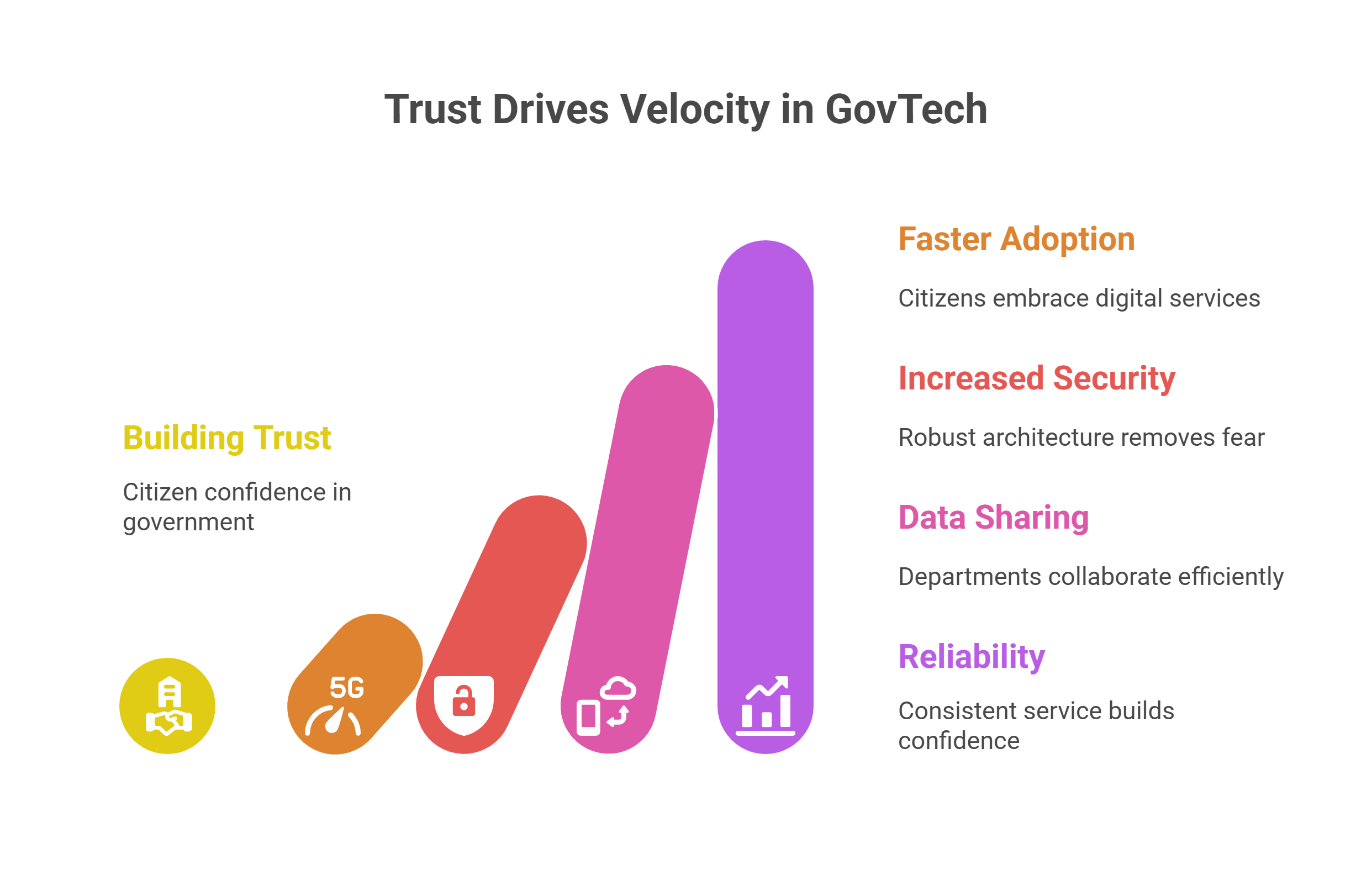

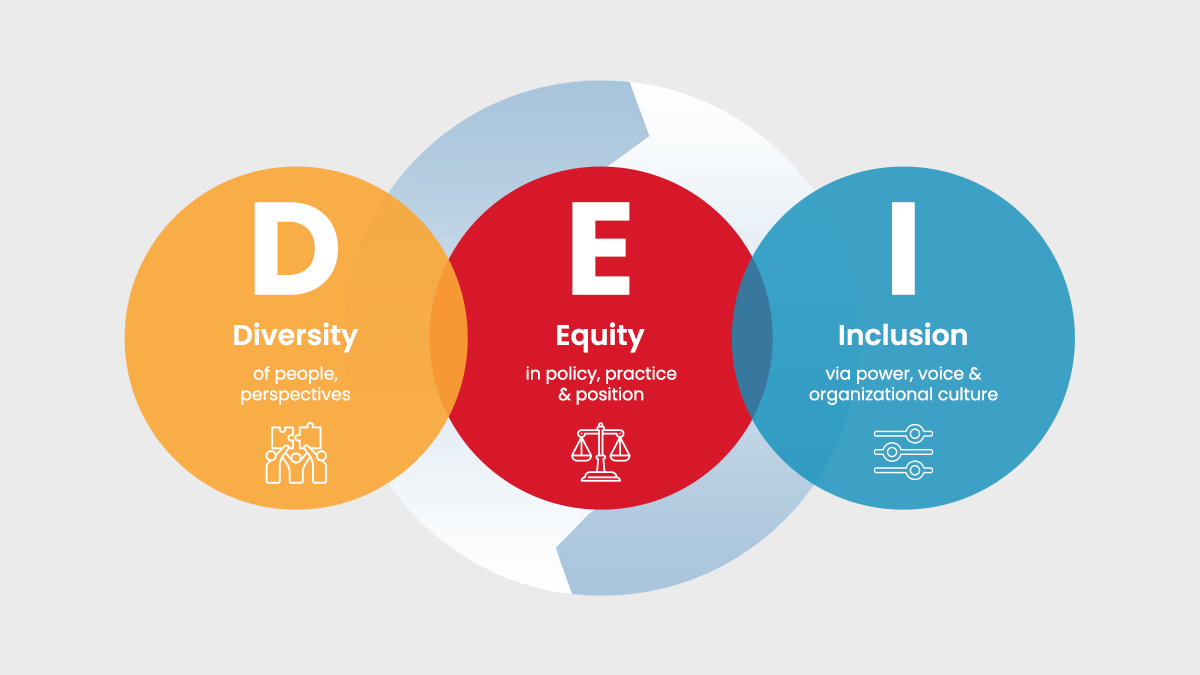



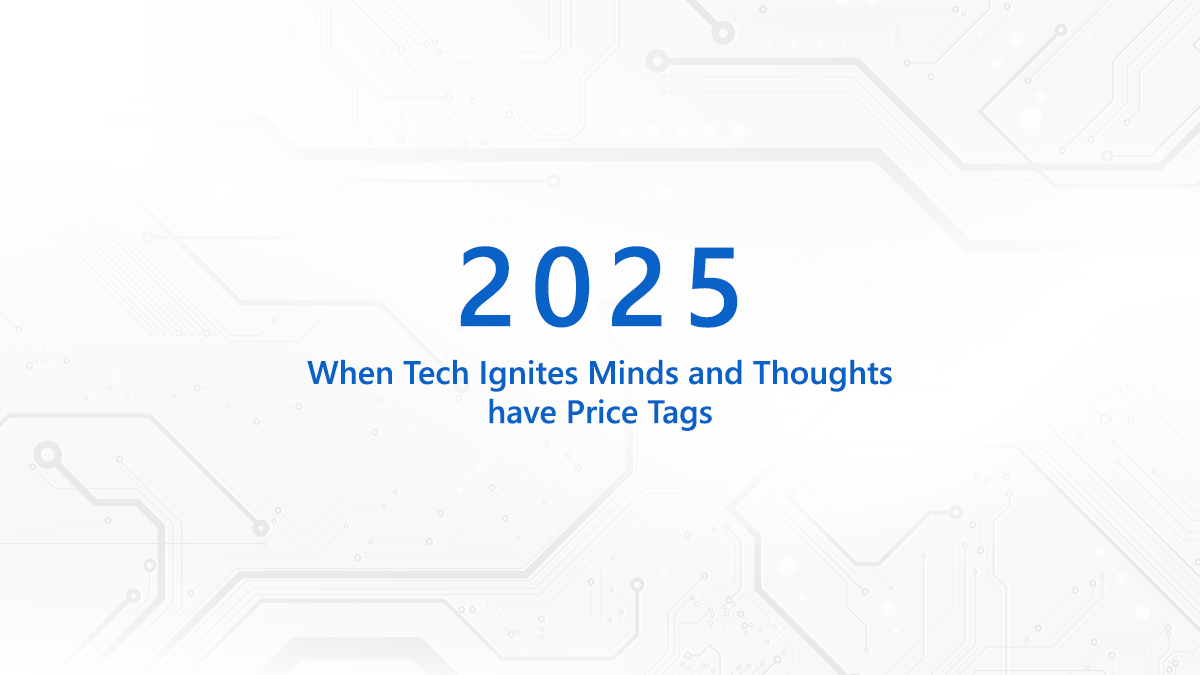








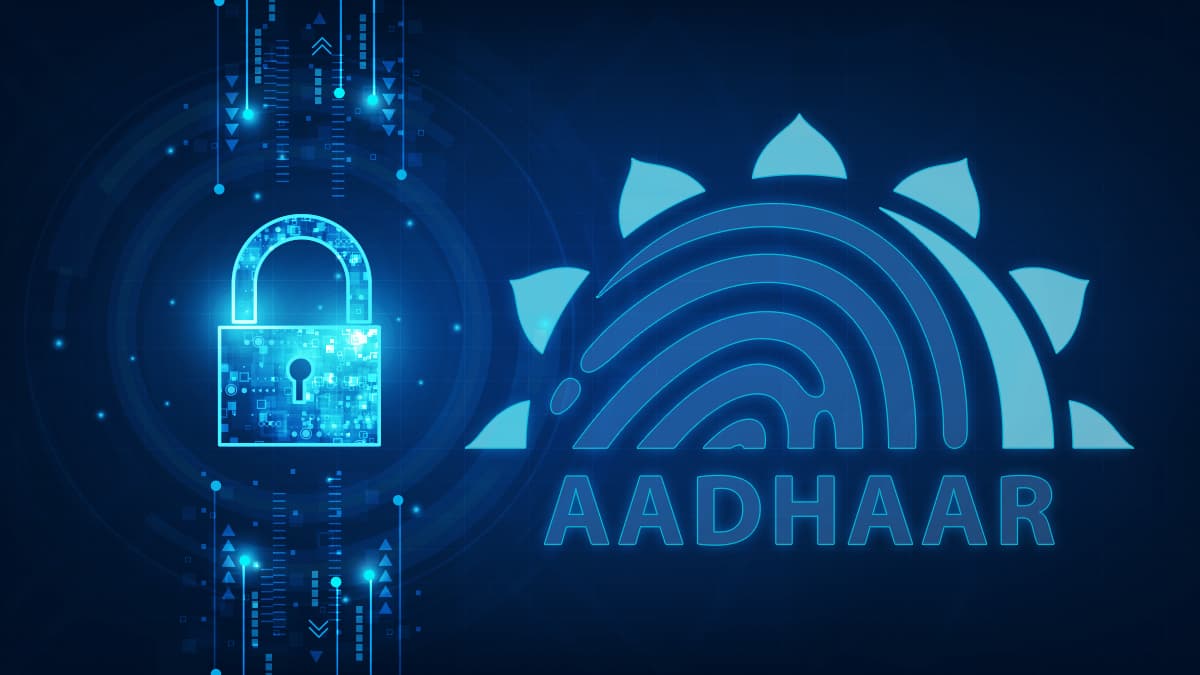
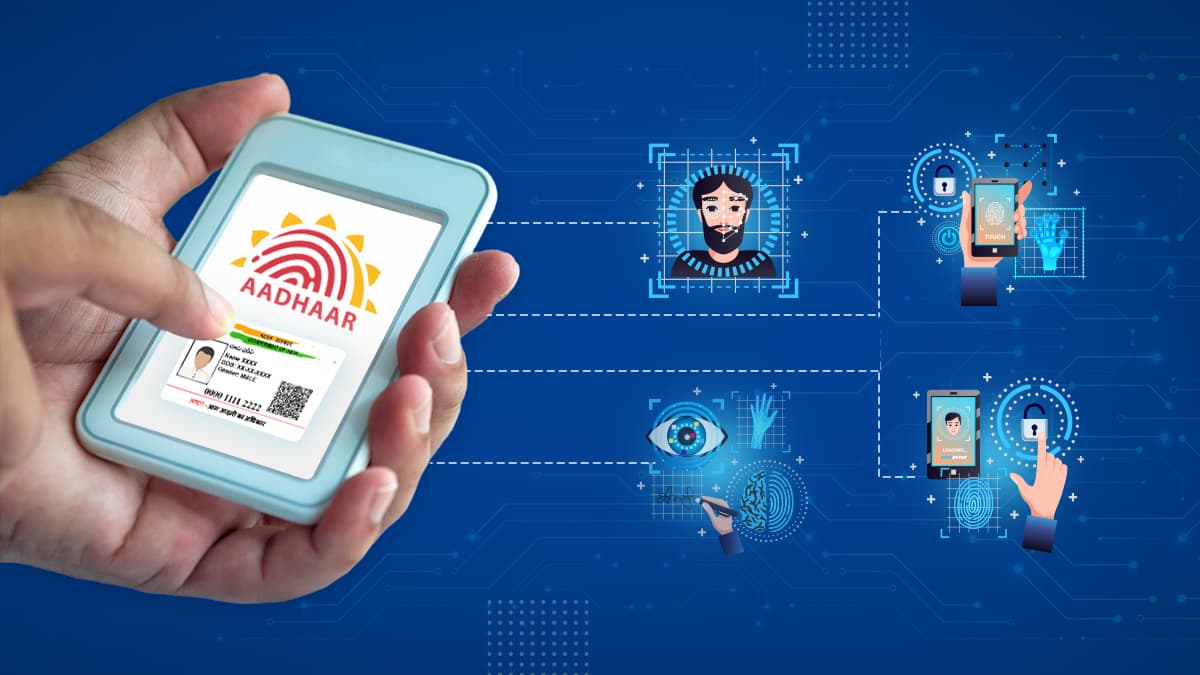




We will verify and publish your comment soon.